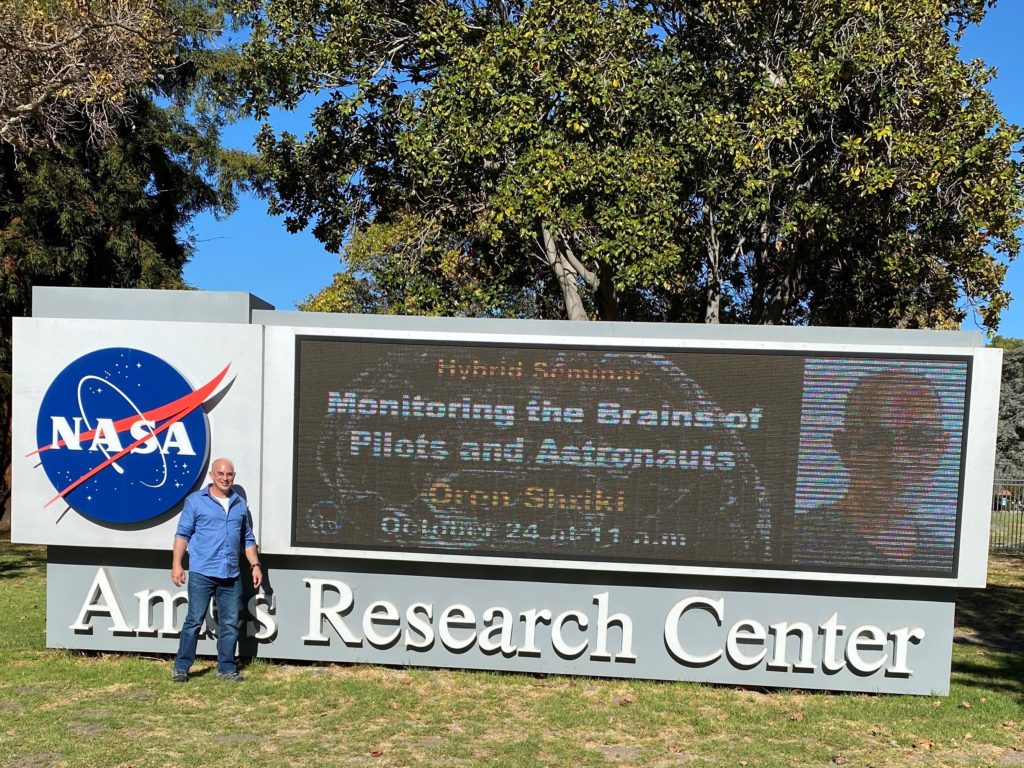
Blood Pressure Drug Could End Injury-Caused Epilepsy
Blood Pressure Drug Could End Injury-Caused Epilepsy
April 28, 2014
The Times of Israel — Scientists from Ben-Gurion University of the Negev, University of California, Berkeley, and Charité-University Medicine in Germany have found that losartan (marketed under the brand name Cozaar), a common blood pressure medication, significantly cut down seizures in rats that suffered head trauma due to injuries, according to a study published in the current issue of the Annals of Neurology.
“This is the first-ever approach in which epilepsy development is stopped, as opposed to common drugs that try to prevent seizures once epilepsy develops,” says Prof. Alon Friedman, chair of BGU’s Zlotowski Center for Neuroscience and head of the University’s Laboratory for Experimental Neurosurgery, a collaboration with Soroka University Medical Center.
“Those drugs are administered for many years, have a limited success and involve many side effects, so we are excited about the new approach,” adds Prof. Friedman.
The research shows not only how the drug helps alleviate epileptic attacks, but, for what is said to be the first time, how brain injury caused by a blow to the head, stroke or infection leads to epilepsy. The cause is a breach of the blood-brain barrier (BBB), the tight wall of cells lining blood vessels in the brain that protects brain cells from the infectious bacteria carried in the bloodstream.
That breakdown can allow a protein called albumin, the most common protein in blood serum, to cross the barrier. Albumin is a major factor in the development of epilepsy, as Prof. Friedman and Daniela Kaufer, a UC Berkeley researcher, showed in 2009.
The two scientists have investigated the role of albumin in epilepsy for over a decade. Their team of researchers have concluded that albumin affects astrocytes, the brain’s support cells, by binding to the TGF-β (transforming growth factor-beta) receptor.
“This initiates a cascade of steps that lead to localized inflammation, which appears to permanently alter the brain’s wiring, leading to the electrical misfiring characteristic of epilepsy,” says Prof. Friedman.
“Right now, if someone comes to the emergency room with traumatic brain injury, they have a 10 to 50 percent chance of developing epilepsy, and epilepsy from brain injuries tends to be unresponsive to drugs in many patients,” he says.
“What is really exciting,” Kaufer says, “is the fact that this treatment could be applied on a wide basis immediately. This study, for the first time, offers a new mechanism and an existing, FDA-approved drug to potentially prevent epilepsy in patients after brain injuries and once they develop an abnormal blood-brain barrier.”




